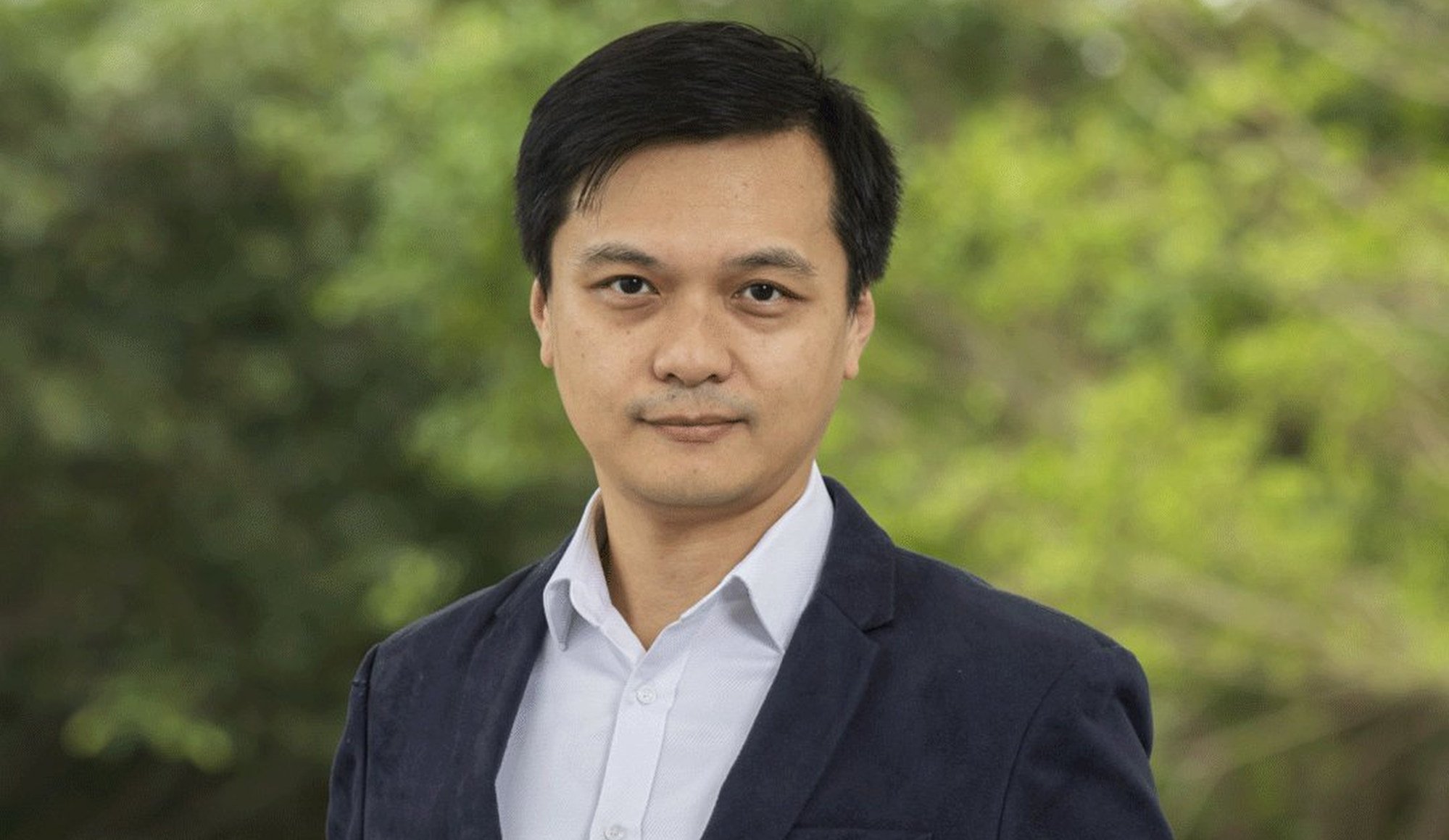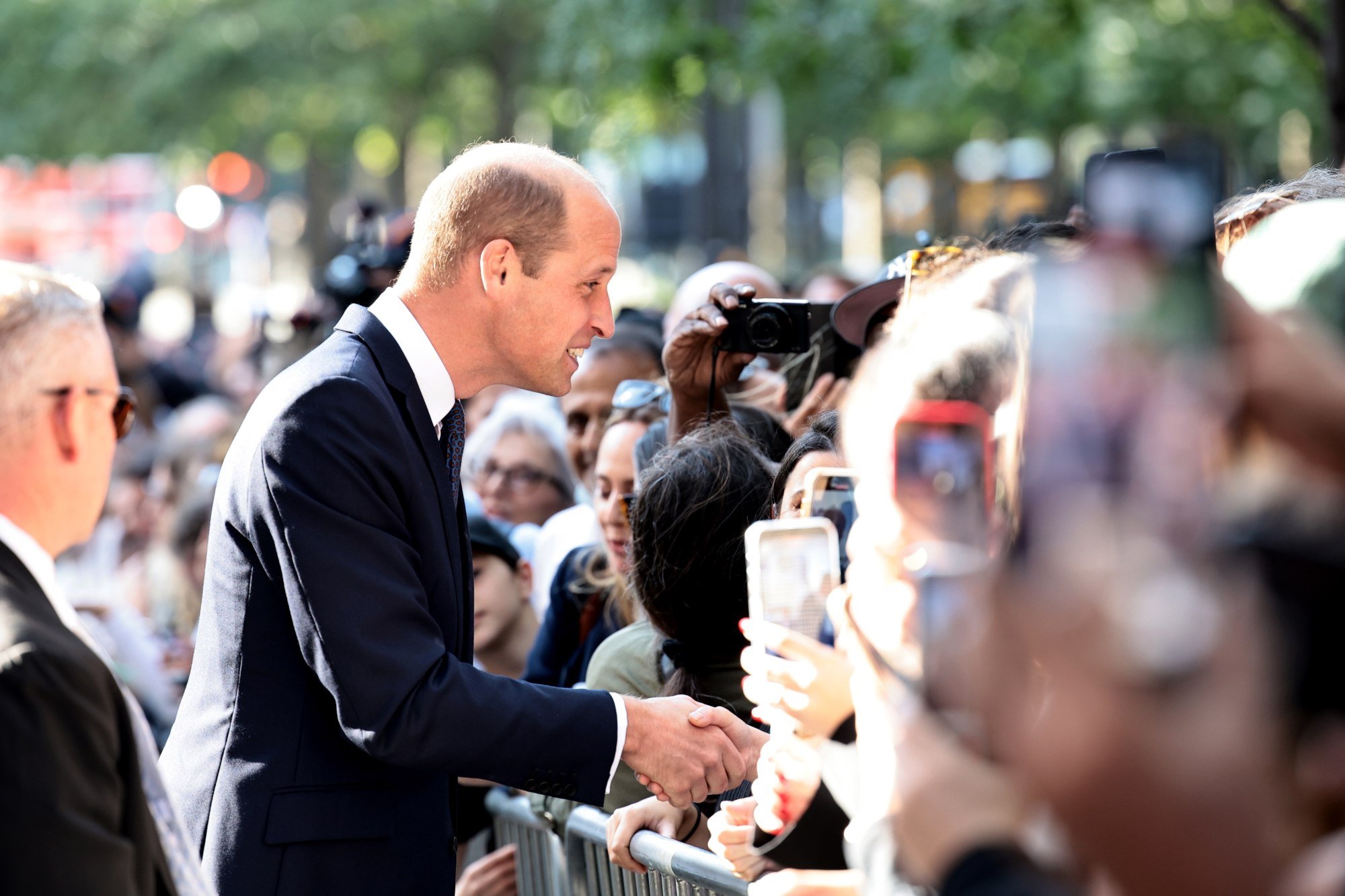
Prince William’s Earthshot Prize: Hong Kong battery start-up GRST named one of 15 green innovation finalists worldwide
- The company’s manufacturing technology aims to improve the economics of recovering and reusing the materials in lithium-ion batteries
- The start-up is the second Hong Kong firm nominated out of 45 finalists globally over three years for the £1 million (US$1.2 million) award
Hong Kong green technology start-up GRST, which is commercialising a technology to improve the recyclability of lithium-ion batteries, has been nominated as a finalist in this year’s Earthshot Prize for environmentalism.
It is the second Hong Kong business to be nominated for the prestigious global innovation award, which so far has had 45 nominations over three years. More than 1,100 nominees vied for this year’s 15 finalist spots, and five nominees will be awarded £1 million (US$1.2 million) each at an award ceremony on November 7 in Singapore.

The government has said it will do so by helping green projects obtain capital more conveniently and flexibly, facilitating talent training and cooperation with overseas partners, and making it easier for new ventures to obtain independent certification for their green credentials.
“We are excited to be at commercial scale this year and look forward to working in partnership with the Earthshot Prize network to deliver our groundbreaking solution to the world,” Hung said.

The company has deployed its water-based processing method at Pillar Energy, a battery maker in Jianshan, in China’s eastern Zhejiang province. A prototype on-site recycling facility with the annual capacity to process 1 gigawatt hour (GWh) of scrap battery materials has been set up alongside Pillar’s production lines. GRST plans to expand the capacity to 5GWh by next year.
Prince William launched the Earthshot Prize in 2020 to search for and scale up the most innovative solutions to the world’s greatest environmental challenges by 2030. The £1 million award goes to one winner each year in each of five categories: protection and restoration of nature, clean air, revival of the oceans, building a waste-free world and fixing climate change.
GRST is one of three finalists in the clean air category, alongside air quality improvements campaign group Polish Smog Alert and UK-based ENSO, which is working on less-polluting tyres for electric vehicles.
Two initiatives in mainland China have been nominated in the past.
Last year, professor Yi Zhijian was recognised in the protect and restore nature category for his work leading a team of scientists to deploy a new technique to turn barren desert into farmable land at an affordable cost and time. It involves mixing a water-based paste with surface sand, giving it the same physical and ecological properties as soil.
In 2021, The Blue Map App, China’s first public environmental database to provide real-time local air and water quality data, was a finalist in the clean air category.

